Tech
-
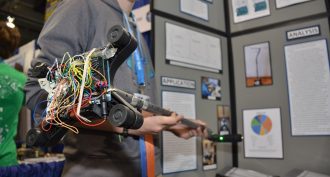 Tech
TechStepping out with a smarter cane
Many older people trip and fall on uneven ground. A Colorado teen has designed a ‘smart’ cane to help seniors avoid dangerous obstacles.
-
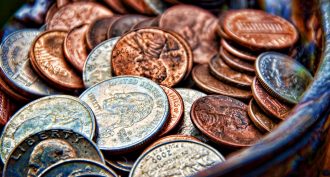 Tech
TechMaking cents of sounds
Some people give up when a vending machine rejects their money. But one student decided to turn his frustration into inspiration. Through research, he showed how to identify coins by the sounds they make.
-
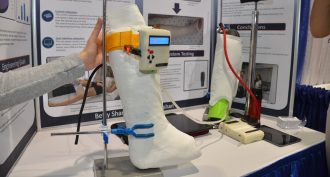 Health & Medicine
Health & MedicineBones: Custom cushioning helps heal a bad break
If the stiff casts encasing broken limbs included an inflatable air bladder instead of a soft lining, costly and painful complications experienced by some patients during healing might be avoided, two teens reported at the 2015 Intel ISEF competition.
By Sid Perkins -
 Brain
BrainHands-free but still distracted
When people aren’t distracted, they can see a traffic light change very quickly. But a teen scientist now shows that texting — even with a hands-free device — gets dangerously slow.
-
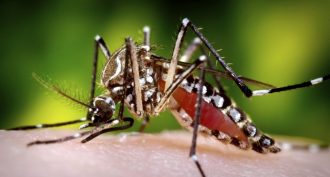 Animals
AnimalsWhat’s the buzz? A new mosquito lure
Broadcasting a fake buzz can lure male Aedes aegypti mosquitoes away from females. That could reduce populations of these annoying — and disease-causing — insects, reports a teen at the 2015 Intel ISEF competition.
By Sid Perkins -
 Tech
TechLaser vision reveals hidden worlds
From discovering ancient ruins to forecasting climate change, the laser mapping technology called lidar is changing many fields of science.
-
 Tech
TechExplainer: What are lidar, radar and sonar?
Radar, sonar and lidar and are three similar technologies. Each relies on the echoing of waves — radio, sound or light waves — to detect objects.
-
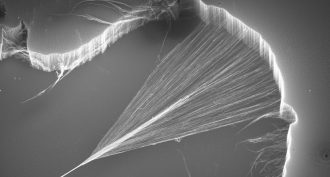 Tech
TechCool Jobs: Big future for super small science
Scientists using nanotechnology grow super-small but very useful tubes with walls no more than a few carbon atoms thick. Find out why as we meet three scientists behind this huge new movement in nanoscience.
-
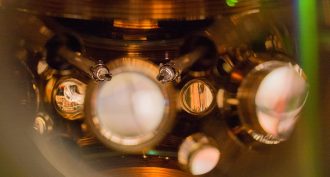 Physics
PhysicsNews Brief: As timely as it gets
A newly modified atomic clock won’t lose or gain a second for 15 billion years. This timepiece is about three times more precise than an earlier version.
By Andrew Grant -
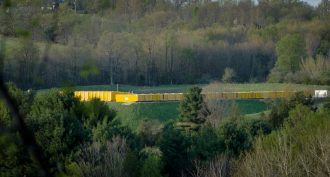 Health & Medicine
Health & MedicineFracking wastes may be toxic, tests show
Fracking operations have been polluting the environment. Some wastes have hormonal effects. Studies in mice now show that prenatal exposures to these wastes can trigger subtle but disturbing organ impacts.
By Beth Mole -
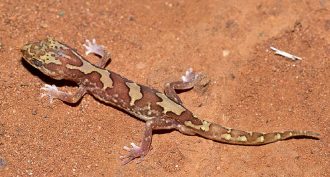 Animals
AnimalsWhy you’ll never see a dirty gecko
By knowing how a gecko’s skin works, could self-cleaning, water-repelling, antibacterial clothes be far behind?
By Ilima Loomis -
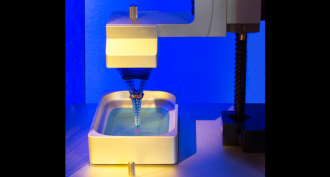 Chemistry
ChemistryGoopy tech leaves older 3-D printing in its wake
A new way of 3-D printing combines light and oxygen to create solid objects from liquid resin. The method quickly creates detailed objects.
By Beth Mole